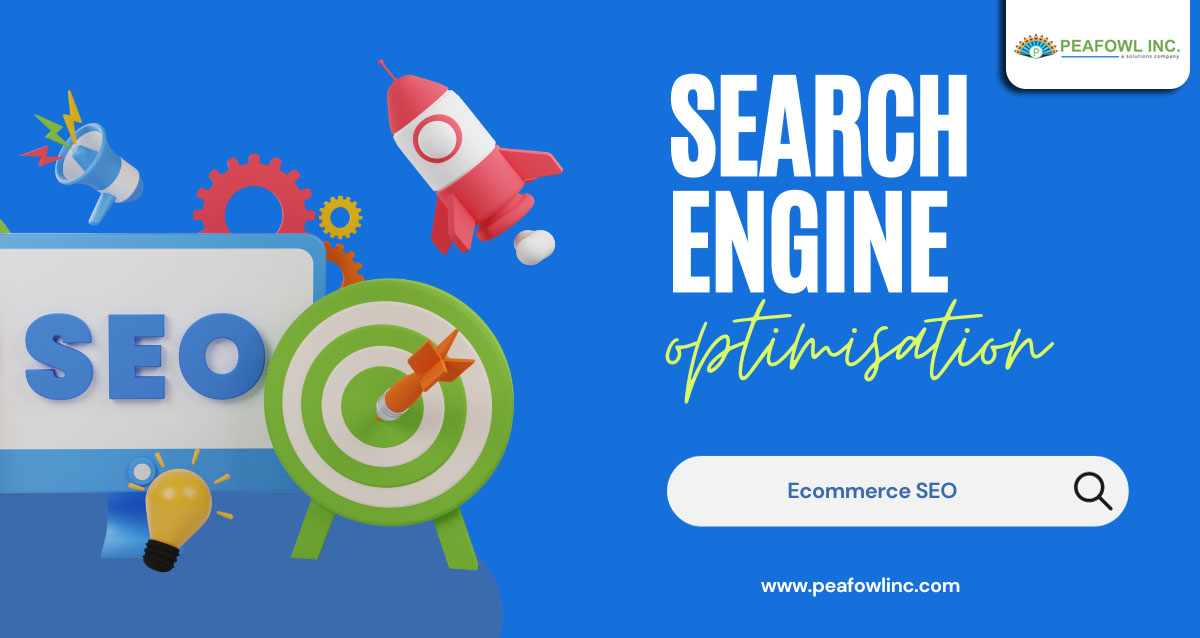Best Tips for E-commerce SEO
Attracting customers to a physical store is always a challenge. An online e-commerce store can boost your sales, making it easier for customers to find you online and make purchases. But the challenge is that thousands of e-commerce stores are online. So how can you make your store stand out from all of them? It is where search engine optimization (SEO) comes into play.
What is SEO and how to improve E-commerce SEO?
Search Engine Optimization (SEO) is obtaining a higher ranking on search engines (such as Google, Yahoo, or Bing) for a website for related keywords through organic efforts. Organic efforts mean unpaid efforts. When someone types a keyword or phrase into a search engine. It provides a list of web pages so that the most relevant results appear at the top. By doing eCommerce SEO correctly, you can rank your eCommerce store on the first page and rank #1 for search engines. The key is understanding that people tend to click more on results on the first page of Google, so you want to ensure your site appears in the top results.
The question arises: how can you use Search Engine Optimization (SEO) to improve your e-commerce website?
All you have to do is follow these essential tips provided by the E-commerce SEO experts at Peafowl Inc.:
Effective Keyword Research
Effective keyword research is crucial to any successful search engine optimization (SEO) strategy. It involves identifying and choosing the keywords your target audience will likely use when searching for products, services, or information related to your website.
Imagine you are the owner of a pet store specializing in all-natural foods for cats and dogs. You’ve finally opened an online store because you want to sell in-store and online. You will target the most relevant keywords customers use to find cat or dog food on search engines, such as “cat food” or “dog food.”
Write Relevant Blogs
Finding the right keywords for your products is just the beginning of creating your online store. You’ll also need an e-commerce platform with blogging features that allow you to display your posts easily. By publishing blogs and engaging content, you can build a personal relationship with users and improve your search engine rankings. The more visitors you have to your website, the more credible Google will see your site, moving you to the top of the results page. You can increase traffic and even online sales by posting relevant and engaging blogs on your website regularly.
Website Pages Optimization
Website page optimization is crucial for various reasons, as it directly impacts user experience, search engine rankings, and overall website performance. Optimizing your web pages with titles and metadata not only allows Googlebots to crawl and index your pages faster but also allows you to promote your online store in Google’s organic results.
What exactly are titles and metadata?
Meta title
A meta title, often referred to as a title tag or simply a title, is a vital HTML element on a page that provides a concise and descriptive title for the web page. It appears at the top of a web browser window or tab and is displayed as the main clickable link in search engine results pages (SERPs) when a user performs a search.
Meta description
A meta description, often called a meta description tag, is an HTML element that provides a brief, concise summary of a web page’s content. This description is usually displayed in search engine results pages (SERPs) below the meta title.
Social Media Presence
Social media plays an essential role in promoting your business online. There are different ways to use social media to help you grow your online store. However, they don’t do it alone: content marketing, SEO, and social media must be used together to achieve a successful strategy.
Social media and content marketing can help your site rank on search engines. Assuming many readers share your blogs on Facebook or Twitter, Google will start favoring your website and move your site to the top of the rankings.
E-commerce SEO is an ongoing process that requires dedication and effort. By implementing these best practices, you can improve your e-commerce site’s visibility on search engines, attract organic traffic, and ultimately increase your online sales. Remember, SEO is a long-term strategy; results may take time, so be patient and persistent. Adhering to these tips will pay off through better search engine rankings and a thriving e-commerce business.








